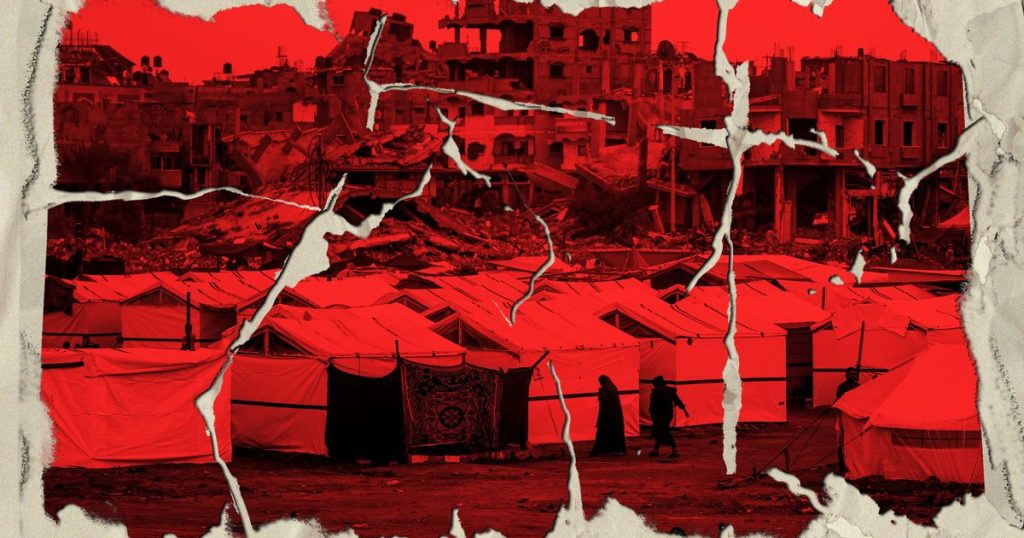Rajaa Musleh, a Palestinian nurse working for MedGlobal, shared her harrowing experience of being trapped in Al-Shifa Hospital in Gaza City during an Israeli military attack. The chaos and violence she witnessed, including the death of young children and the abduction of health care workers, left a lasting impact on her mental and emotional well-being. Many other medical aid workers who have served in Gaza since the military offensive began in 2023 have similar stories to tell, with hospitals being bombed and overwhelmed, aid blocked, and medical workers targeted.
The collapse of Gaza’s health care system has led to overcrowded, damaged hospitals, the shortage of essential supplies, the targeting of medical workers, mass starvation, lack of maternal care, the spread of disease, and long-term psychological effects on children. Palestinians in Gaza are facing a dire situation where malnutrition, lack of clean water, poor sanitation, and inadequate medical care are causing widespread suffering and death. The situation is exacerbated by Israel’s ongoing military offensive and aid blockade, limiting access to crucial resources.
The starvation campaign in Gaza has led to severe malnutrition in one in five Palestinians, with children being particularly vulnerable. Lack of access to protein, vitamins, and essential nutrients has resulted in stunted growth, weakened immune systems, and other serious health issues. Pregnant women and new mothers are also at risk, with malnutrition leading to spontaneous abortions, underweight newborns, and an inability to breastfeed. The situation is dire, and thousands of children are at risk of death due to malnutrition and disease.
The spread of disease in Gaza is rampant due to destroyed infrastructure, overcrowded living conditions, and lack of access to clean water and sanitation. Palestinians are suffering from respiratory infections, diarrhea, hepatitis, scabies, and other preventable illnesses, with the potential for outbreaks of diseases like cholera looming large. The collapsed health care system is unable to meet the needs of patients with chronic illnesses, further exacerbating the crisis.
The psychological toll of living under constant threat and witnessing the suffering of loved ones has deeply affected both Palestinians and medical workers in Gaza. PTSD, insomnia, panic attacks, and rage are common among health care workers, who are struggling to cope with the trauma they have experienced. Children in Gaza are also experiencing profound mental health challenges, such as dissociation, regression, and emotional distress, resulting in long-term psychological damage.
Despite the ongoing crisis, medical workers in Gaza remain resilient and committed to rebuilding the health care system. Calls for a permanent cease-fire, the free flow of aid, specialized treatment for malnutrition, mental health support, and the empowerment of local health care professionals are imperative for rebuilding Gaza’s health care infrastructure. The international community must acknowledge the human rights violations taking place in Gaza, support efforts to address the root causes of food insecurity, and provide resources for sustainable health care solutions. Gaza’s resilience and determination to rebuild offer a glimmer of hope for a better future.


